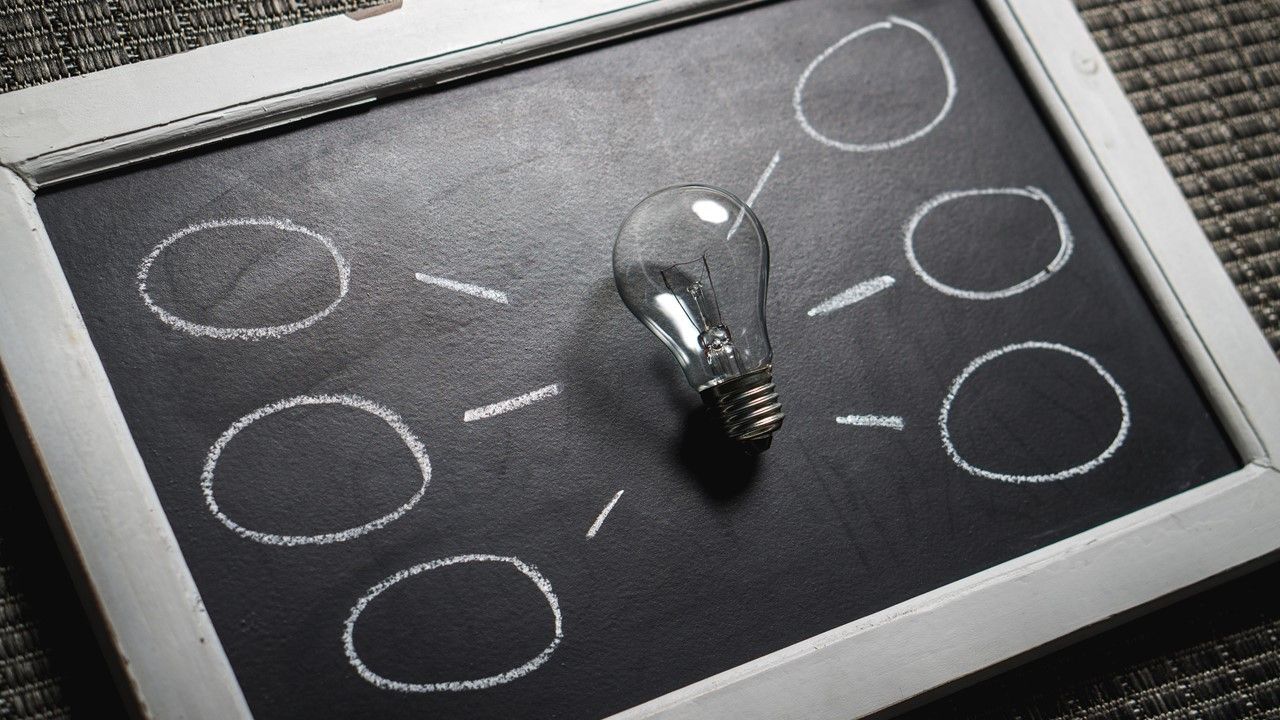What is our immediate reaction when hit by a crisis? Do we think about others, our neighborhood, and society? A crisis can come in many forms to us; often when we are not prepared for them. It is in a situation like this, especially, when survival for the fittest comes into play. It is only through the right actions and right thinking at the appropriate time that we can make survival happen, not only for us but also for people around us. But, do we invest ourselves in the right ways? Thinking rationally can be very crucial in such stressful times. Read this article to know more about thinking rationally and how to do so in times of crisis.
Contents
What does thinking rationally imply?
Being rational refers to a state of awareness of the information (such as any data or opinions) prevalent around us, organize it and come to a sound conclusion. When speaking for a group or a social situation, being rational even more becomes important. As scientists put forward, when thinking from a rational perspective, there is a major change in the belief system which further alters the decision making of a person. Thus, we come closer to reality.
Even though being objective is the need of the hour in times of crisis, we cannot negate the most essential aspect of human existence, i.e. emotions. Scientists also suggest that over time, these emotional values blend with the objectivity and the automaticity thus derived can make us quite efficient in dealing with the situation in hand.
Emotionally intelligent individuals are usually better able to cope with stress. In situations, like the COVID-19 pandemic, having a high emotional quotient is crucial. Please read our previous article on enhancing emotional intelligence.
Can we steer our minds to think rationally?
The answer is yes. Research suggests that even if our minds do not function in automaticity to think logically, we can make ourselves practice and achieve it over time. Rational thinking is more of a process; though enhancing rational thinking may be effortful however, it comes handy for various life situations and acts as a powerful life skill.
In the context of crises like pandemics, it can especially be unnerving to think straight, we might often lead ourselves into situations of panic, anxiety, rash decisions, and even feel deep sadness. However, just with a little bit of planning and preventive care, we can reduce the risks and stresses during a pandemic, such as developing a care plan, following up with the nearby medical facility and surveying about the availability of other primary facilities.
How can we boost mental health in these times?
Plan
Being aware of the information around us is wise. However, overthinking about it steers a thought process that can largely lead to mental exhaustion. In order to minimize overthinking, we need to keep ourselves engaged. For instance, if we need to go grocery shopping, we can make a list in advance. In addition, we can plan which store to visit and how far it is from our place.
Altruistic Activities
Observing if others around us need any aid and if we can help them in any way. It is a human tendency to feel good when we help someone. This is primarily because it uplifts our self- esteem for several reasons, especially the feeling of belongingness. However, this works in two ways. It is not only wise to help others but also to ask for help if when we are in need. We should not hesitate in getting in touch with the social care workers or avail the facilities of helpline numbers. This being most vital for the elderly.

Decide your priorities
Thinking rationally entails deciding priorities. Allot time for daily chores and tasks. Tasks at priority should be done first. For instance, meeting the primary needs (since survival is the goal in times like these) is a priority. This said we should not ignore the activities which give us pleasure. Taking out time for personal interests is likely to uplift positive emotions. For instance, we can read, exercise or engage in other vocational activities that give us pleasure. After all, survival is not the only goal, quality of life is equally vital.
Limit Social Media
Everyone wants a peek on the updates in times like these. However, the amount of information being absorbed can be a matter of concern. It thus becomes necessary to limit our exposure to media activities. Rather we can spend that time talking to people in our surroundings. Following safety guidelines and build a conscious understanding of what is going around is also important. Spending more time in self-introspection will most likely lead to less confusion and achieve better decision making.
Workplace
In a workplace context, there are three rules of thumb- Plan, Action and Follow up. Follow the guidelines below:
- Create manuals for people’s awareness
- Maintain a calm work organization in times of frenzy
- Communicate action plans and emergency operations with the authorities and the employees in need
- Identify safe workspaces, like work from home or coming to the physical office space if conditions allow.
Conclusion
With the change in the course of a pandemic (for the worse), it might get difficult when all our planning fails. The safety of our family and loved ones might be an emotional turmoil for some. Yet we should try to maintain a balance and take precautions ourselves before stepping out to help others.
